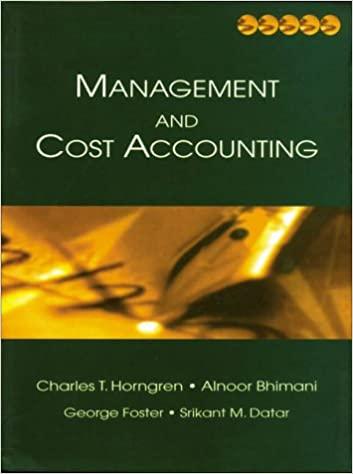Question
Consider a trading card game (TCG) with n players. Each player i = 1, 2, ..., n initially receives a different collectible card. Let us
Consider a trading card game (TCG) with n players. Each player i = 1, 2, ..., n initially receives a different collectible card. Let us index the cards according to their owners: c1, c2, ..., cn, so that player 1 starts with card c1, player 2 starts with card c2, etc. The players want to trade their cards with others, but there is no money/currency. They decide to use the following trading procedure/algorithm:
Round 1: Each player points to the owner of their favorite card. Since there are finitely many players, there will be at least one cycle. Each player in a cycle is assigned the card of the a player he points to and is removed from the market with his assignment. If there is at least one player left, then proceed to the next round.. . . Round k: Each remaining player points to the owner of their remaining favorite card. Since there are finetly many players, there will be at least one cycle. Each player in a cycle is assigned the card of the a player he points to and is removed from the market with his assignment. If there is at least one player left, then proceed to the next round. The algorithm ends when there are no players left.
(a) Prove that the algorithm ends in a Pareto Efficient assignment. (b) Prove that the final assignment from the algorithm is the only assignment in the Core.
Step by Step Solution
There are 3 Steps involved in it
Step: 1

Get Instant Access to Expert-Tailored Solutions
See step-by-step solutions with expert insights and AI powered tools for academic success
Step: 2

Step: 3

Ace Your Homework with AI
Get the answers you need in no time with our AI-driven, step-by-step assistance
Get Started


